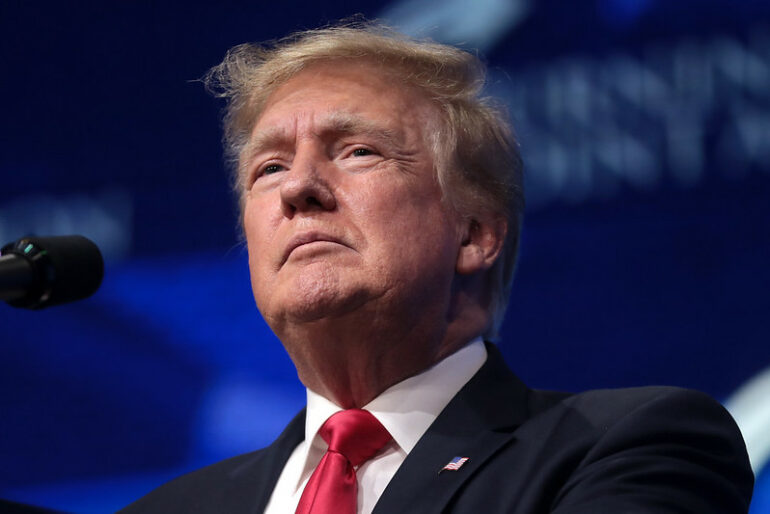In the aftermath of the House’s narrow approval of his expansive economic package, the so‑called “Big, Beautiful Bill,” President Donald J. Trump confidently asserted that his influence over the Republican Party has never been greater—this time around than during his first term.
Speaking to reporters shortly after the legislation passed, Trump characterized the vote as a testament to his commanding hold on party members. “I think I have more power now,” he said, pointing to the bill’s passage ahead of his self‑imposed July 4 deadline.
That assertion follows weeks of intensive lobbying from Trump, House Speaker Mike Johnson, and other GOP leaders, who navigated internal resistance—particularly from fiscal conservatives and moderates concerned about the impact of deep spending cuts and green‑energy rollbacks.
Trump’s intervention reportedly involved a combination of personal appeals, public pressure via his social media platform, and implicit threats of political consequences for dissenting lawmakers.
Trump’s declaration of enhanced authority over the Republican caucus reflects a party increasingly aligned with his agenda and approach.
During his first presidency, Trump’s sway was often tempered by institutional and establishment constraints. Now, buoyed by his 2024 return to the White House and fortified by ongoing executive achievements—such as defense spending and immigration measures—Trump sees himself as an unchallenged leader within the GOP.
Political analysts suggest this marks a turning point in Republican politics: rather than a reluctant collaborator, Trump is now the architect of the party’s strategy.
“He’s not just guiding policies—he’s defining them,” said one Washington operative. GOP lawmakers, by and large, appear to recognize this shift. Only two Republicans—Thomas Massie of Kentucky and Brian Fitzpatrick of Pennsylvania—voted against the bill, underscoring the rarity of open defiance.
Critics argue that this consolidation of power grants Trump unprecedented leverage to shape the party’s future direction, including candidate selection and legislative priorities. With midterm and future presidential campaigns approaching, that influence may prove decisive.
Trump’s confidence is further underpinned by the fact that Democrats, while vocally opposing the bill, appear unable to halt its momentum.
Their resistance, exemplified by Hakeem Jeffries’ marathon speech on the House floor, failed to slow its approval. Instead, Trump’s narrative—centered on economic populism and border security—has gained traction both inside and outside Washington.
[READ MORE: CBS Settles Lawsuit Brought Against it by Trump for $16 Million]



